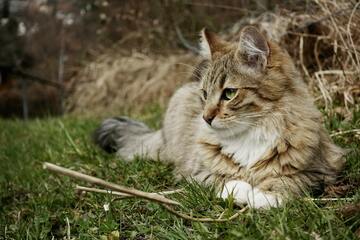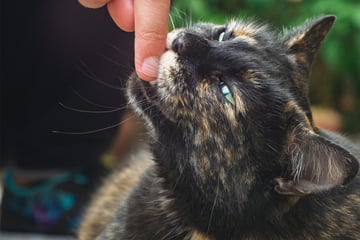Senior cat care: How to care for an elderly cat
As cats grow older, they continually need more and more help just to stay healthy, strong, and happy. How do you care for a senior cat, and when should you start being more careful?
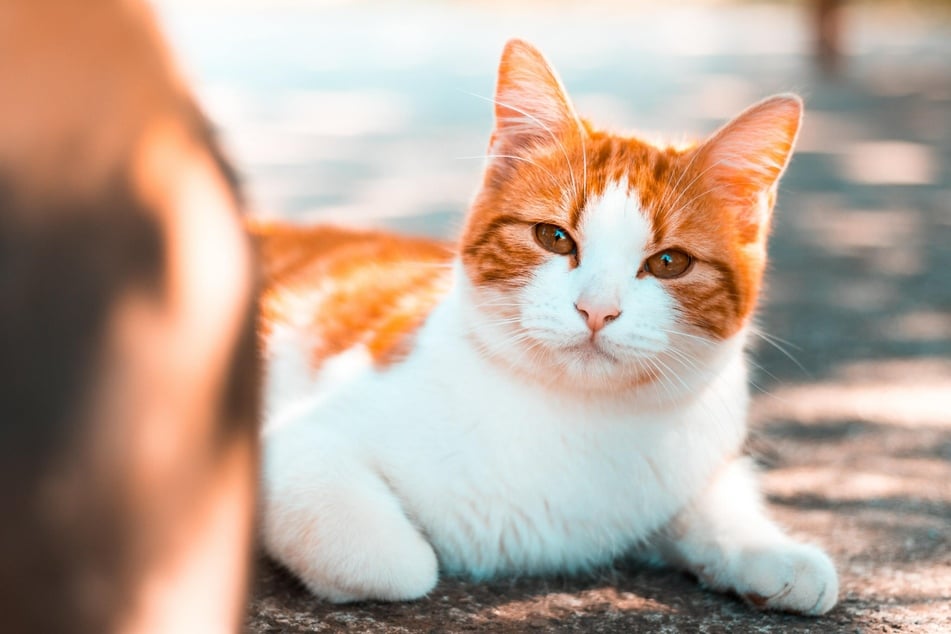
Your caring cat will remain happy and positive throughout most of its life. As it gets older, though, and as its faculties start to deteriorate and its bones begin to brittle, these fluffy little friends will find it increasingly difficult to get by in a way that's comfortable and keeps them feeling good. So how do you care for senior cats, what can you do to keep them comfortable, safe, and healthy?
How old do cats get?
On average, domestic cats live to the ripe old age of about 15. There are of course cats that seem to live forever, though, and the oldest cat in the world lived to be a whopping 38! Ultimately, though, your cat's longevity mostly comes down to its life experiences, breed, biology, and the way that it has been treated and raised by its humans.
A good rule of thumb is that the age of your cat's passing comes down similar factors that influence a human's death. In other words, it involves genetic factors, nutrition, exercise, and previous illnesses that may rear their ugly head again as a cat ages.
Regardless of whether your cat runs around the house all day or just basks in the sun, if you have a feline friend that is already 12 or older, you are basically dealing with a furry senior citizen.
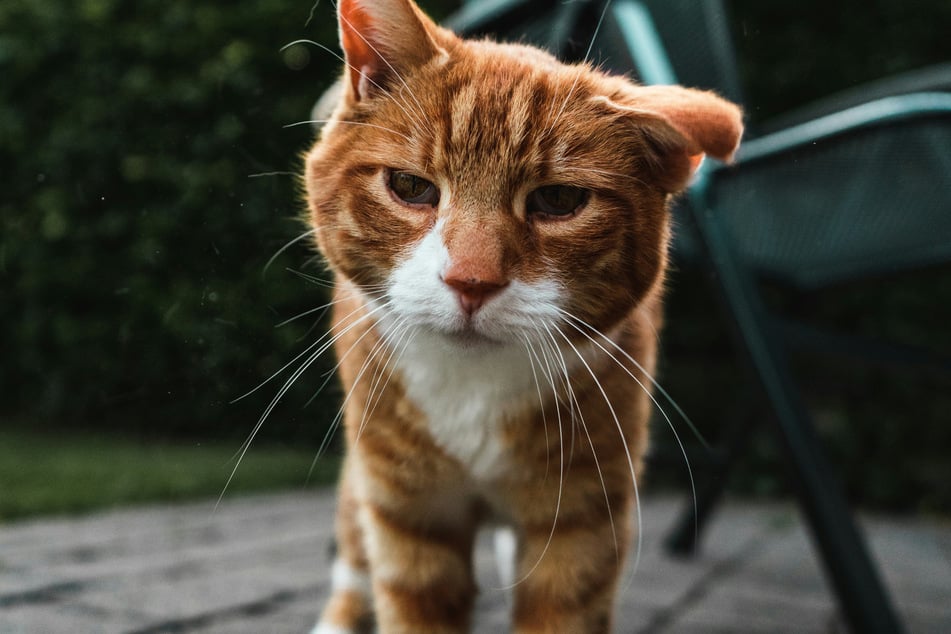
How to look after a senior cat: Six steps
Ultimately, your cat needs to be looked after properly. This goes doubly when it gets older and more fragile, as your caring kitty is unlikely to realize its limits and behave appropriately. You need to not only give it the space it needs where necessary, but keep a closer eye on its behavior and habits, and monitor it for any signs of illness that may appear.
By following these six suggestions, you will well and truly keep your elderly cat well cared for, happy, and as healthy as possible as it gets gradually older and older, heading towards its inevitable demise.
Step 1: Give your cat relaxation time
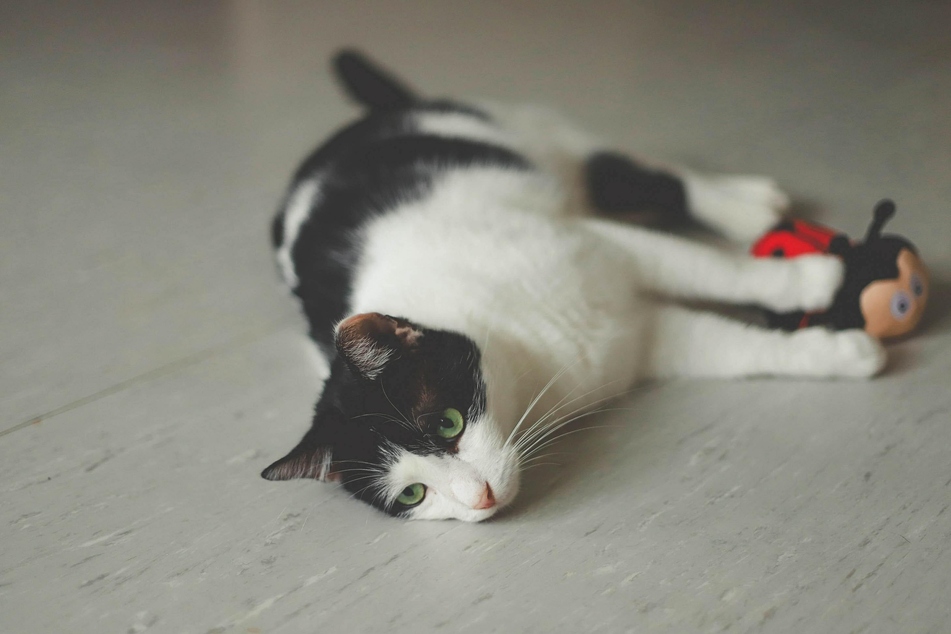
If your cat is already getting on in years, you should go easy on it and seriously respect its need for rest. Young cats aren't usually bothered by loud noises and the normal hustle and bustle, but all that can quickly stress out an older cat.
Make sure your senior fuzzball always has a quiet place to withdraw, a comfortable cat bed, and a hiding place that is well away from anywhere that visitors or children might visit.
Step 2: Help your cat find the right activities
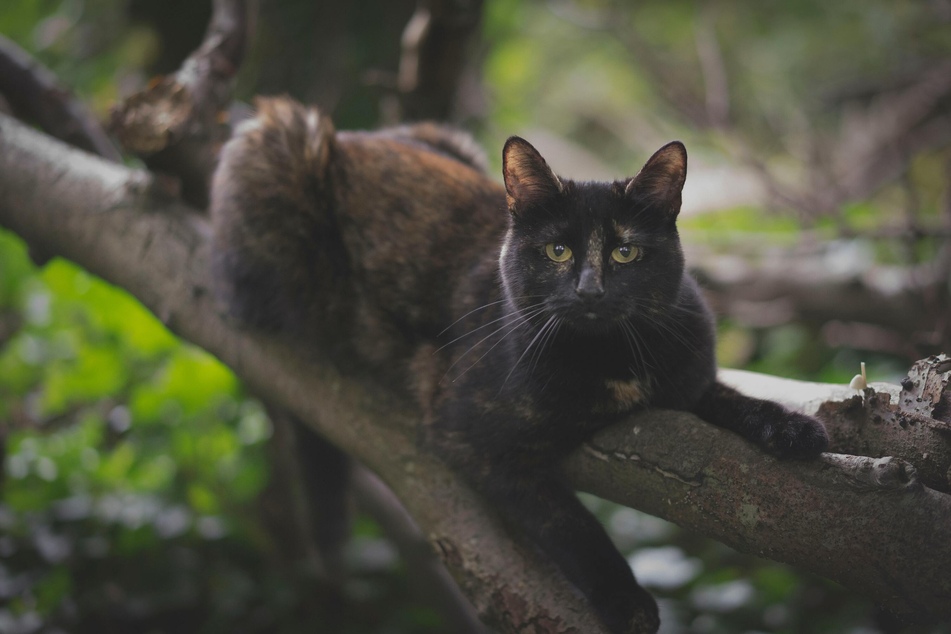
Running and jumping is not getting any easier for your elderly cat, so make sure that it can still comfortably get to its favorite places. Do this by providing cat ramps and plenty of cushions that can be climbed up to reach its favorite spots. In the garden, make sure everything is safe and do things like placing a stool next to its favorite armchair and positioning cat perches on window sills.
If you have an outdoor cat, don't take away its freedom to roam around in its old age. It probably still wants to explore its territory or just bask in the sunlight. Of course, you should make sure that your furry friend always has a way to get back to the safe space inside. A cat flap gives cats easy access to their home sweet home.
Step 3: Avoid kittens
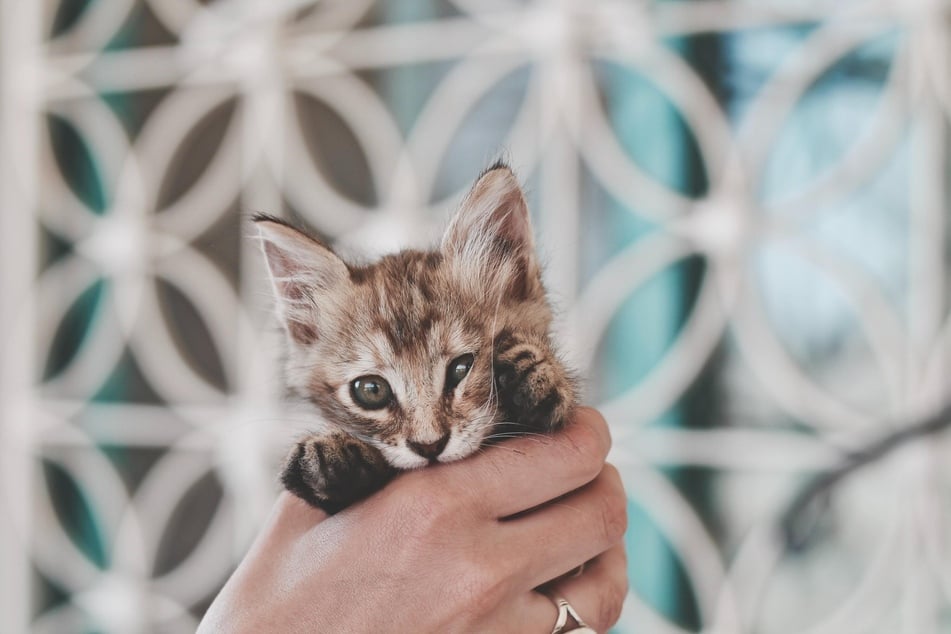
You might think that adding a kitten to the mix will keep your elderly cat young at heart. It's a nice idea, but usually younger kittens tend to stress them out.
Kittens are full of energy and have an unstoppable need to hunt and play. Their raw and unchecked instincts are exactly what end up annoying the older cats, who tend to sleep more and are more interested in cuddling than scampering around.
Step 4: Feed your cat elderly cat food
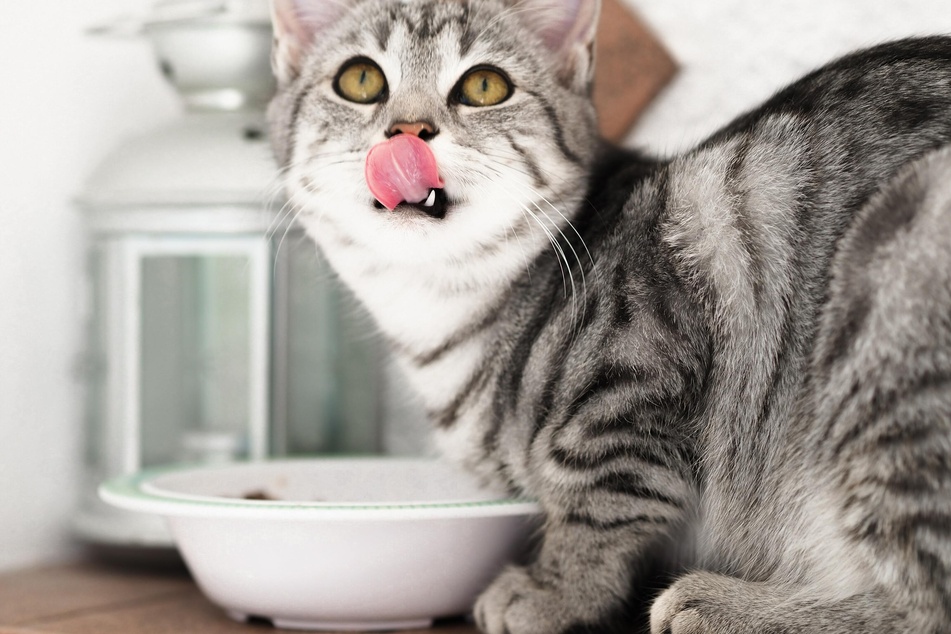
Aging takes its toll on a cat's senses, and they can even lose their ability to smell and taste. As their taste buds change, they may find their formerly favorite food is suddenly bland and unappealing. Because of this, senior cats can be fussy and reluctant to touch their food. After all, why should it want to eat something that doesn't really taste like anything?
On top of that, elderly cats need different things nutritionally, so it is best to go with a properly designed senior cat food that has everything that your caring cat could need. Of course, this should be done after careful consultation with and permission from your veterinarian.
Step 5: Accept that your elderly cat is needy
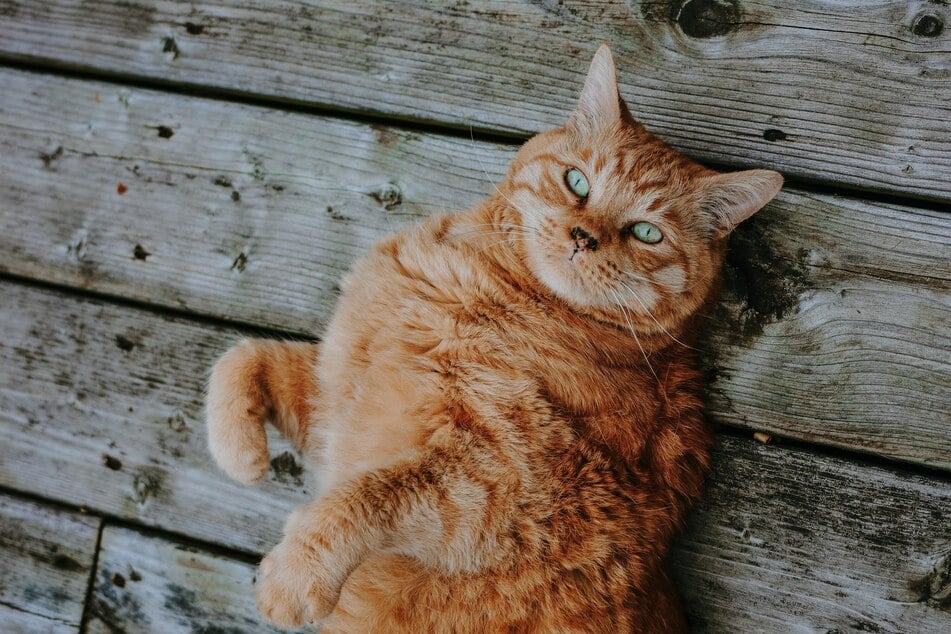
The ravages of time don't just affect your cat's senses, they also make them more needy and obsessive. Cats can even become senile and suffer from forms of dementia, get confused and lose their bearings, and even forget where the litter box is.
If this is the case, don't scold your cat if it makes a mess. Be patient and remember that no one wants to be a burden or cause trouble intentionally. You should also be compassionate if your aging pet meows a lot or acts out for some reason. It could be in pain or simply loves you and wants to make sure that you're around.
Step 6: Keep consistency and routines in check
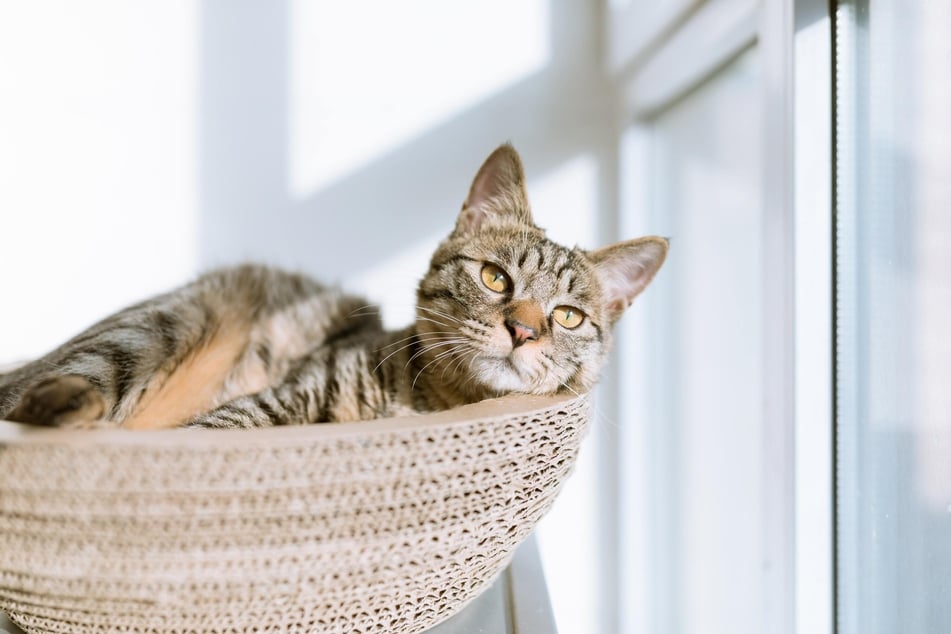
Just like some people, older cats don't like change. Instead, they love and rely on their daily routines and the fact that they know where everything is at home. Try to be sensitive to your cat's needs when you make changes.
If, for instance, you are planning to completely redecorate your home, have children, or move, try to make sure that your cat still has its own familiar place to retreat to. Another great idea is to install a night light that can help when the cat's eyesight starts to fail.
Your senior cat might have its quirks and annoyances, but it is still the same moggy you fell in love with. Respect its needs and make sure to spend plenty of time with it before it passes on to the great blue yonder.
Cover photo: Unsplash/Andrea Caramello
